- Learning time
- 40 minutes
- First play time
- 120 minutes
Olympos
Designed by: Philippe Keyaerts
Olympos is a game that places time at its centre: everything you do as a player costs you time, and there is only a finite amount before it runs out – and the game is over.
Each player is trying to establish dominance in ancient Greece – including the island of Atlantys, previous to sinking into the sea. The game board shows a map of the area broken into small territories, and players start by adding markers – their people – in the north, and making their way south over the course of the game. They can move and occupy an empty territory, taking control of the resource that comes with it. They can also take territory – and resources – from each other: there is no dice here, and the attacker always wins battles, but doing so can be expensive in terms of… time. Whoever is furthest back on the time track is always the starting player – often the same player more than once, if they are doing simple actions!
To one side of the board will be a collection of development and wonder tiles. You’ll be using your resources to pick these up, but doing so is costly in terms of time. However the rewards are bountiful – both in terms of advantages during the game and points scored at the end.
Finally players are expected to show piety and make sure they appease the Gods; either by occupying certain territories on the board or having the right development cards. When players reach a certain point on the time track, God cards will be flipped over and affect the least pious players will be hit with any adverse effects – the most pious will benefit from the (less common) bountiful ones.
When players reach the end of the time track the game finishes and scores are compared!
The guru's verdict
-
Take That!
Take That!
There is a fair bit of Take That in a game that allows attackers to win every single battle. But despite that it's not a straightforward combat game.
-
Fidget Factor!
Fidget Factor!
The slowest part of Olympos is gaining familiarity with the Development and Wonder cards, which at first glance seem rather abstract, and you'll need the rule book handy for reference as to what they do. But gameplay on the board itself is fast once everyone is clear on their aims.
-
Brain Burn!
Brain Burn!
It's a game of tactical reactions. You can have a long-term strategy (most pious player, most territorially inclined player...) but the actions of the other players may force you to change your plans.
-
Again Again!
Again Again!
After a first play you'll realise Olympos can be played fast and loose and familiarity rewards.

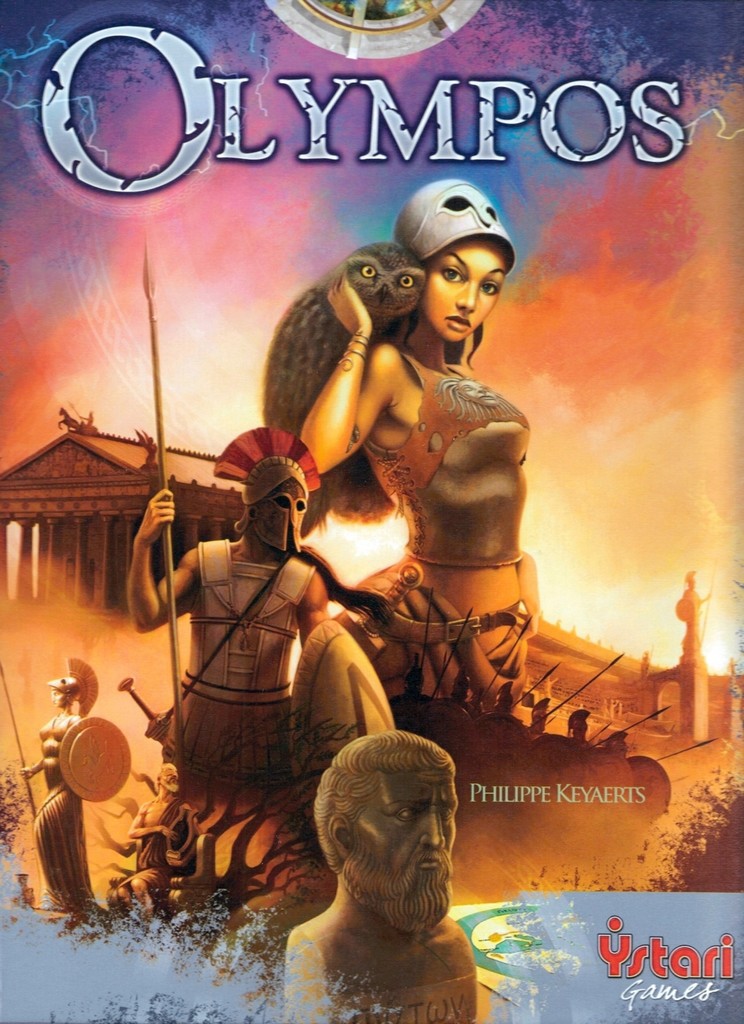
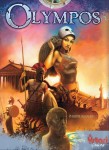
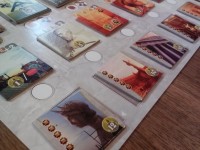
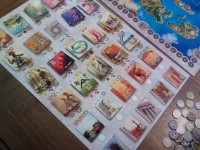
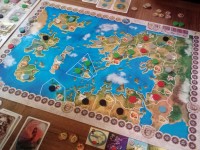
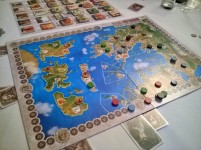


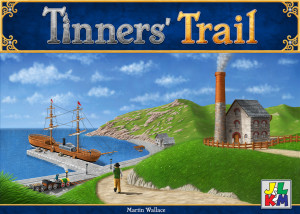
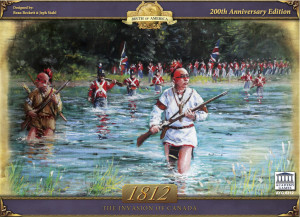

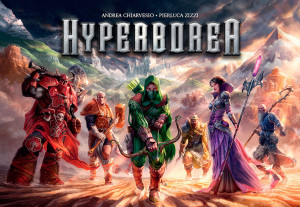
Sam says
I think the mechanics of Olympos are great - I like the time track and the idea of the Gods coming out to either give you a benefit or a punishment. What goes against it is the development and wonder tiles, which don't really translate that well through the iconography, so you're having to intermittently check the rulebook for what they actually do - a key component of the game. An oversight in an otherwise solid design.